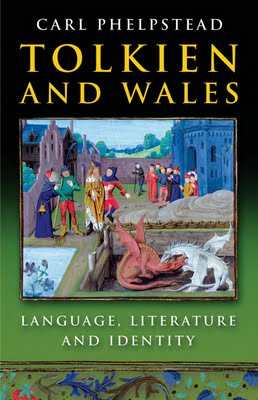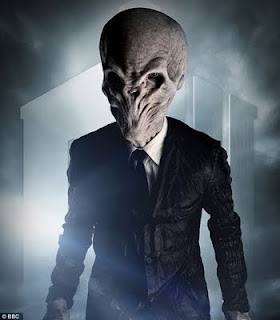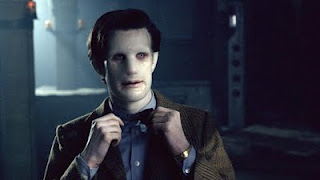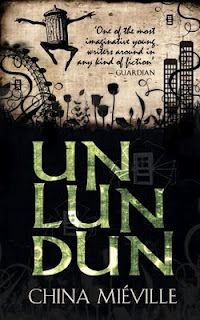It’s time to play Moffat Bingo! With Series 6b almost upon us, we’re finally making good on an old promise and compiling a list of the Moff’s most enduring tropes to see how many of them turn up in the new episodes. And we want YOU, faithful podcast fans, to help us!
Simply visit our Facebook page, post your suggestions on the wall and we’ll add the best (and funniest) to our patent-pending Moffat Bingo card, which will be posted here on the blog so you can play along at home. See how many tropes you can tick off per episode! (I feel a drinking game coming on…)
Here are a couple to start you off…
1. The Doctor adopts a new form of headgear
2. A Classic monster receives a controversial (and largely unnecessary) redesign
3. We meet a character who knows more about the Doctor’s future than the Doctor does
4. Alex Kingston regenerates into Julia Sawalha
Okay, maybe not that last one, but you get the idea!




